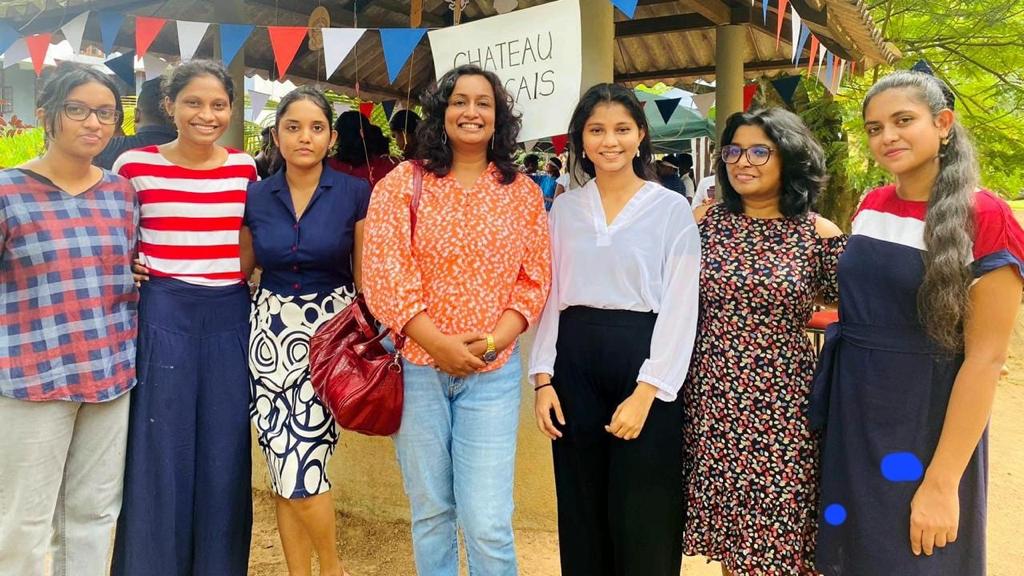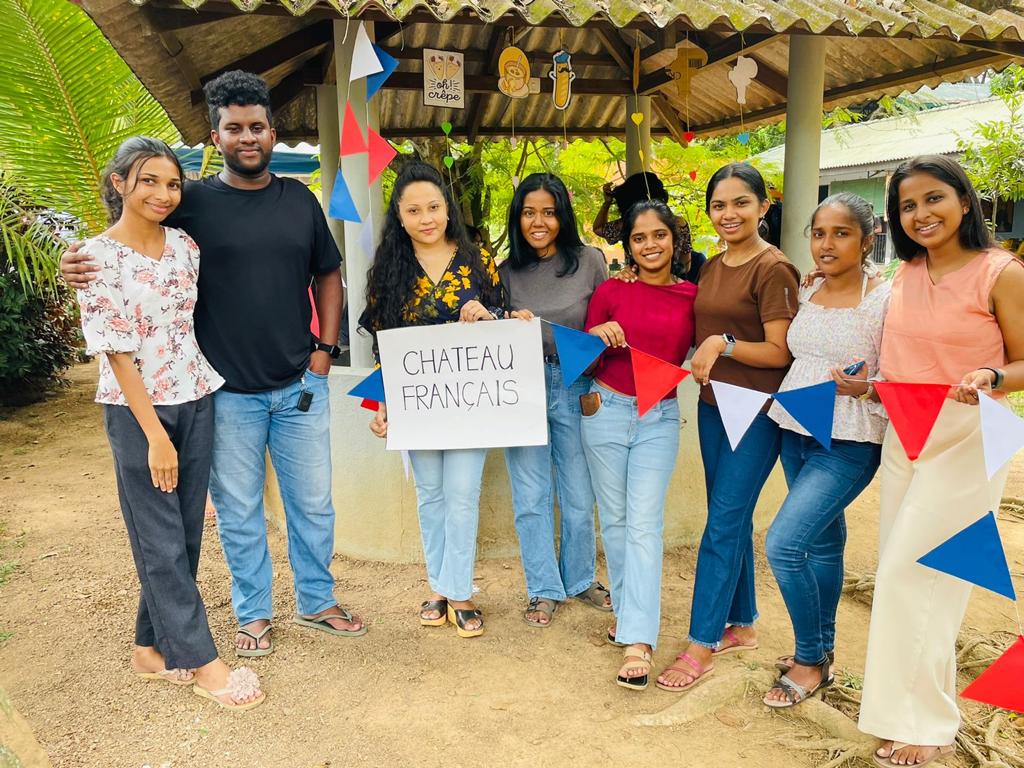Should we rethink evaluation methods used for university students in Sri Lankan University system?
The traditional approach to
evaluation in universities worldwide, including Sri Lanka has long been
centered around exams, quizzes, and grades. However, there is a growing recognition that this method may not fully
capture students' true capabilities, strengths, and potential. As a
result, there has been a call to rethink evaluation strategies in universities
and explore alternative methods that promote a more comprehensive and holistic
assessment of students' learning.
The final examination in
university can indeed have negative consequences for students, including
academic setbacks, increased stress, limited learning focus, limited feedback
and growth opportunities, reduced exploration of other interests, and a negative
impact on mental health resulting in severe depression. It is crucial for educational institutions to
consider these consequences and adopt assessment approaches that prioritize
holistic learning, individual growth, and student well-being. While it is
well-known among academics that final examinations can have negative
consequences for students, as former university students ourselves, are we
truly prepared to initiate meaningful change in the assessment methods used?
One such approach gaining attraction
is the shift towards more project-based assessments. By engaging students in
real-world projects and assignments, universities can evaluate their ability to
apply knowledge, think critically, solve problems, collaborate, and communicate
effectively. This not only provides a more practical and relevant evaluation
but also helps students develop important skills that are highly valued in the
job market. Recently, the language
students of the Department of Languages, Cultural Studies and Performing Arts at
the Faculty of Humanities and Social Sciences of the University of Sri
Jayewardenepura organized a food festival representing different cultures. Organizing
a cultural food festival provided them with valuable soft skills. They enhance
their communication by coordinating with various stakeholders, develop teamwork
abilities through collaboration, and improve problem-solving skills by
addressing challenges. Time management became crucial in planning and executing
the event, while leadership skills were honed in taking on a leadership role.
Cultural awareness was fostered through interactions with diverse cuisines and
attendees, and adaptability is learned by adjusting to changing circumstances.
Overall, organizing a food festival equipped them with a range of transferable
skills that benefit their personal and professional growth. At the end of the
food festival, Second year French
students who were enrolled for the course unit on French culture and civilization
were asked to write reflective notes and their feedback on the event which was used
as an efficient tool for evaluation. Third year French student from French for
Business Purposes Course unit were asked to conduct an onsite survey on the customer
satisfaction with the Food festival which they executed successfully by
collecting data and analyzing the data which was used as an assessment for
grading. These are some simple examples
of projects that can be used in language studies evaluation.
Another aspect to consider in
rethinking evaluation is the incorporation of continuous assessment. Instead of
relying solely on high-stakes exams, continuous assessment involves ongoing
evaluation throughout the duration of a course. This can include assignments,
presentations, group work, and reflective journals. By assessing students'
progress over time, universities can gain a deeper understanding of their
learning trajectories and provide more personalized feedback and support. It is
crucial to recognize the value of formative assessment in addition to summative
assessment. While summative assessment focuses on measuring the final outcomes
of learning, formative assessment provides ongoing feedback during the learning
process. This helps students identify areas for improvement, adjust their
learning strategies, and enhance their overall understanding of the subject
matter. Even though these practices were already implemented in our university
system, there is a tendency of assessing students only towards the end of the
course units or collecting assessments after final examinations or rather seen
as an extra burden for students. These practices should be integrated into
ongoing course units and time management and assignment planning of the
lecturers and the commitment of the students play a key role in the succusses
of the above methods.
In the digital age, technology
can also play a significant role in rethinking evaluation. Online platforms,
interactive simulations, virtual labs, and multimedia presentations can provide
innovative ways to assess student's knowledge and skills. Additionally, digital
tools can facilitate peer-to-peer assessment and self-assessment, promoting
student engagement and empowerment in the evaluation process. In my opinion,
learning and evaluation should be enjoyable and engaging and creative experiences
for university students which we were deprived of back then.
Overall, rethinking evaluation
in Sri Lankan universities involves moving away from a narrow focus on exams
and grades and embracing a more inclusive, practical, and personalized
approach. By incorporating project-based assessments,
formative assessments, and leveraging technology, universities can foster a more
meaningful and comprehensive evaluation system that aligns with the evolving
needs of students and society.
Charitha Liyanage
Lecturer in French
Department of Languages and
Cultural Studies and Performing Arts USJ



No comments:
Post a Comment